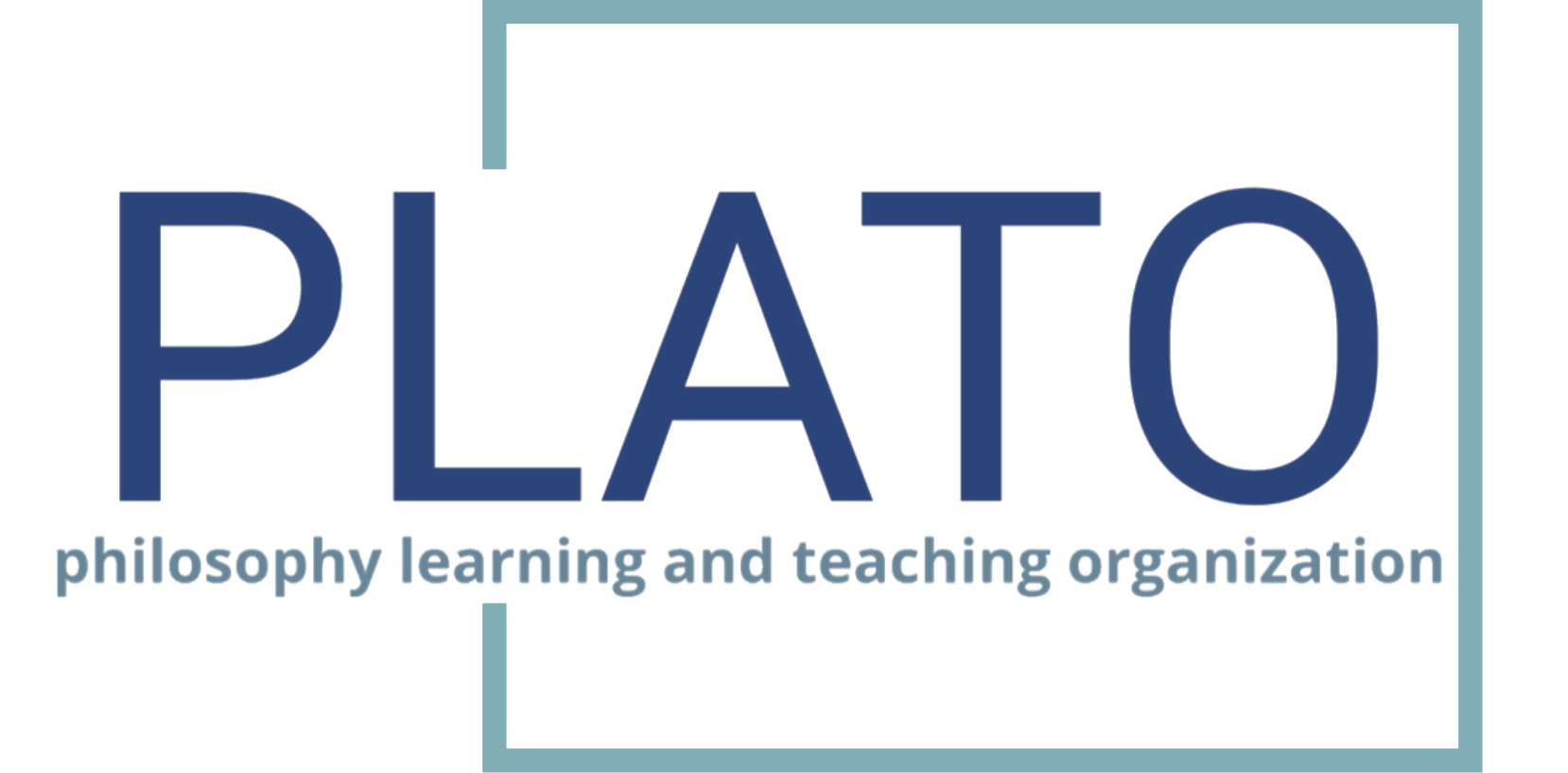Philosophy teaches us to:
- Sharpen our reading, writing, listening, and problem-solving skills
- Think deeply and independently about our beliefs, commitments, and values
- Question our assumptions
- Construct creative and well-reasoned arguments
- Critically evaluate information and beliefs
- Appreciate complexity
- Develop confidence and skill in expressing our own point of view
- Recognize our biases and acknowledge that there are many ways to see the world.
Access some of the current research about the effects of introducing philosophy to young people.
In classrooms that engage in “communities of philosophical inquiry,” teachers and students inquire together. Students generate their own questions about issues relevant to their lives and learn to give good reasons for their beliefs. Every student’s voice is valued and all views are taken seriously.
Students find these discussions challenging and compelling because the questions that arise are open-ended, with no settled answers, removing the pressure to find that “one right answer” that students so often face in school. They realize that they are engaged in a conversation that has been going on for thousands of years.
No one has all the answers – and sometimes, reaching an answer isn’t as important as asking the questions. This humility in the face of uncertainty helps us become more compassionate and tolerant – of others and of ourselves.
Not every young student will become a professional philosopher, writing books and teaching in the academy. But all students should have the opportunity to cultivate philosophical habits of mind, which nurture lifelong learning and encourage us to become more thoughtful friends, neighbors, and citizens, better able to meet the challenges of the 21st century.
“It doesn’t frustrate me that we don’t have the answers to these questions. I like hearing what other people think about them, because there are so many different ways people think about things. That’s what’s great about philosophy, you realize that everyone sees things so differently.”
— Fourth grade student



Connect With Us!